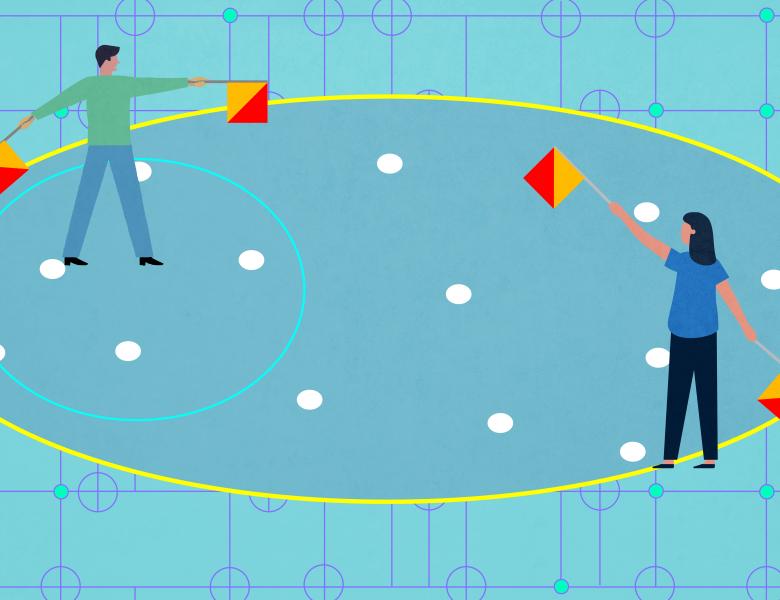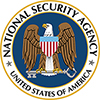
About
Error-correcting codes are a fundamental tool for protecting data from noise. They appear naturally throughout computer science, electrical engineering, math, and physics. For that reason, they have a rich intellectual history in all these areas. While error-correcting codes have been studied since the 1950s, the last several years have seen a flurry of theoretical progress across all these areas. For example, in theoretical computer science, we have seen new constructions of list-decodable and locally decodable/testable codes; in electrical engineering and information theory, we have seen the emergence of polar codes, and of new results on the performance of classical codes on stochastic channels; in math, we have seen new combinatorial results and connections with algebraic geometry; and in physics, we have seen the recent development of good quantum LDPC codes.
This flurry of theoretical progress has been matched with (and motivated by) a flurry of emerging applications. New technologies give rise to new theoretical problems, and solutions to those problems feed back into practice. Examples include applications in DNA storage, quantum computing, coding for distributed systems and distributed computing, and coding for emerging memory technologies. Error-correcting codes have also been finding new theoretical applications — for example, in complexity theory, pseudorandomness, and cryptography.
This program brings together researchers from different communities of theoretical research on error-correcting codes, including TCS, EE/IT, math, and physics, as well as researchers working on potential application areas. The aim is to further catalyze progress in this area and to lay out new directions for the field.
Click here to subscribe to our news and events to learn more about this and other events.
This research program is funded in part by an award from the National Security Agency (NSA).








